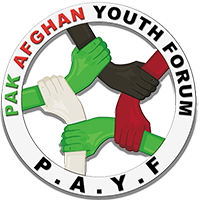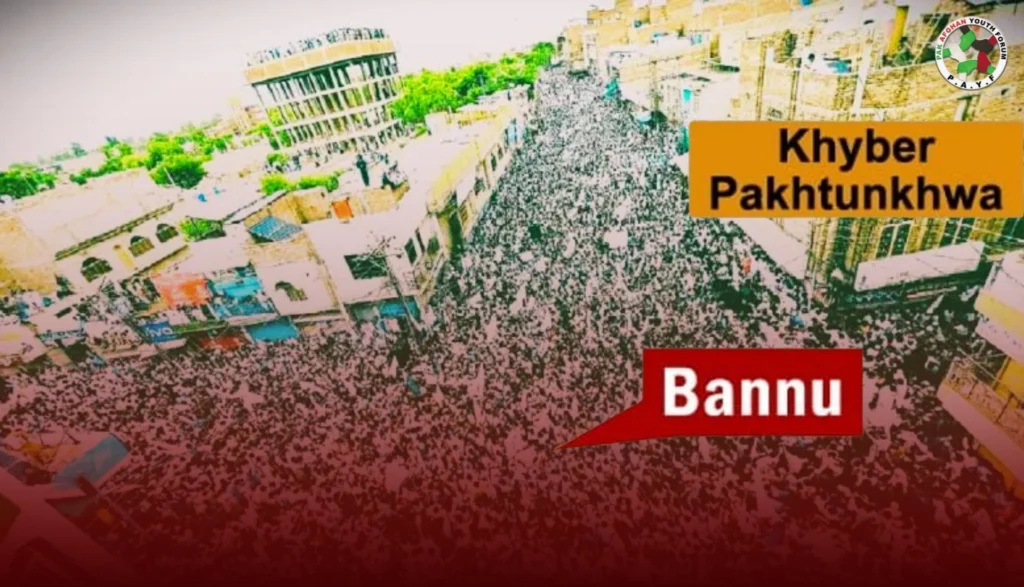It was a crisp autumn morning on the university campus. The sun hung low in the sky, casting long shadows over the sprawling lawns where groups of students gathered—some deep in conversation, others engrossed in their phones, a few simply enjoying the quiet hum of campus life. But behind this serene facade, a storm was brewing. In the corners of lecture halls, on the edges of social media platforms, and in the dark corners of student forums, whispers of extremism, misinformation, and anti-state rhetoric were beginning to take root. Pakistan’s universities counter extremism was no longer just a potential goal—it had become an urgent necessity. These once vibrant spaces of learning were rapidly being overshadowed by dangerous ideologies and subversive activities. As radical narratives spread like wildfire, it became evident that Pakistan’s universities countering extremism was not only an academic challenge but a pressing national security concern.
Also See: Pakistan’s Madrasa Legacy: Shaping Global Leaders and Islamic Scholarship
A Quiet Crisis
The rise of extremism within university campuses is not an isolated event. It is a quiet, creeping crisis that, like an unchecked virus, infects the hearts and minds of vulnerable youth. Extremist groups, foreign adversaries, and local subversive elements have long viewed campuses as fertile ground for ideological warfare. They exploit the openness of universities to prey on students, luring them with distorted narratives, fake promises, and dangerous ideologies.
Misinformation and disinformation are now integral tools of this ideological warfare. A single tweet, a viral video, or a seemingly innocuous post can quickly spread lies and anti-state sentiment. What begins as a casual debate about freedom of expression or political dissent often evolves into bitter, divisive discussions that undermine the very fabric of national unity. Students, once engaged in intellectual exchange, can easily become pawns in a much larger ideological battle.
And amidst all this chaos, drug abuse continues to plague campuses. With its destructive grip on students, drug abuse has become more than just a public health issue—it is a weapon in the hands of criminal networks and extremist groups, used to manipulate and control vulnerable minds. The extent of this crisis threatens to derail the future of an entire generation.
These challenges demand immediate attention. Pakistan’s universities are not only places of higher learning—they are incubators for the future of the nation. If we do not act now to address these threats, we risk sacrificing the very future of the country.
Need for Pakistan’s Universities to Counter Extremism
It is clear that countering extremism, misinformation, and drug abuse within university campuses requires urgent, multifaceted action. These efforts cannot afford to be delayed. Pakistan’s universities must take steps to create environments that protect young minds from radicalization, equip them with the tools to critically engage with information, and nurture the values of national unity and civic responsibility.
Surveillance and Threat Detection
The first step in tackling this growing crisis is identifying the threat before it spreads further. With the rise of social media, digital platforms, and online forums, extremist content targeting students is more accessible than ever. Universities must implement sophisticated surveillance systems to monitor these platforms and detect harmful ideologies early. This is not just about controlling information—it’s about protecting the integrity of students’ beliefs and preventing them from being manipulated by outside forces.
The Need for Counter-Narratives
Detection alone is not enough. For every falsehood and extremist ideology spread online, there must be a powerful counter-narrative grounded in unity, progress, and patriotism. Universities must be places where students can encounter ideas that promote tolerance and inclusivity. This will require close collaboration between academia and the government to develop educational programs that foster critical thinking, broaden perspectives, and offer a vision of a united, prosperous Pakistan.
The fight against extremism cannot be won with surveillance alone. Universities must become incubators for informed debate, where students are empowered to question and challenge radical ideas while embracing diversity and cooperation. It is essential to present students with alternatives to the divisive ideologies that threaten their futures.
Youth Engagement for National Integration
At the core of this strategy is youth engagement. Universities must not merely be spaces for passive learning but active breeding grounds for future leaders. Leadership programs, extracurricular activities, and community projects must be introduced to instill a sense of civic duty and national pride. These programs should be designed to challenge students to think critically about their role in shaping Pakistan’s future, encouraging them to actively engage in discussions that promote social harmony and unity.
One vital program would involve sending students across Pakistan—from the vibrant streets of Lahore to the peaceful valleys of Gilgit-Baltistan—so they can engage with people from various ethnic and religious backgrounds. These experiences would reinforce the idea that Pakistan’s strength lies in its diversity, and unity is key to overcoming any divisive ideology.
Securing Campuses and Combating Drug Abuse
Securing campuses against extremist threats is an urgent priority. Intelligence-sharing between universities and law enforcement agencies must be enhanced to detect and address any signs of radical infiltration or illicit activities swiftly. This will ensure that universities do not become hotbeds for extremism.
Equally pressing is the need to combat drug abuse. Awareness campaigns across campuses are vital to warn students of the dangers of falling prey to criminal networks or extremist groups that exploit vulnerable youth through drugs. The current grip of drug mafias on campuses must be broken, and this requires immediate, concerted action to engage students and law enforcement alike.
Protecting Free Speech while Safeguarding National Security
One of the most complex challenges universities face is balancing freedom of speech with the need to protect national security. Universities must remain spaces for free thought, where ideas can be discussed and debated openly. But when these discussions are hijacked by anti-state ideologies or extremist views, the very core of academic freedom is compromised. Universities cannot become incubators for violence or radical thought.
It is vital that the government and academic institutions work together to ensure that the promotion of anti-state ideologies is not disguised as free speech. Universities must remain forums for academic inquiry but must also take a firm stand against any forces seeking to destabilize Pakistan’s unity.
Need for Immediate Transformation
The situation is urgent. The foundations for a stronger, more secure future can only be built if Pakistan’s universities actively address the threat of extremism. The longer we delay, the more entrenched these ideologies will become. The time to act is now. By focusing on critical thinking, student leadership, and national integration, universities can transform from vulnerable targets into the most powerful defenses against radicalization.
As the sun sets over campuses across the country, casting long shadows over the young minds who will one day lead Pakistan, it is clear that the future of the nation rests in their hands. Pakistan’s universities must counter extremism before it is too late—so that these institutions can once again be places of knowledge, progress, and unity. If we fail to act, we risk sacrificing a generation’s potential. But if we succeed, we will ensure a safer, brighter future for Pakistan.



